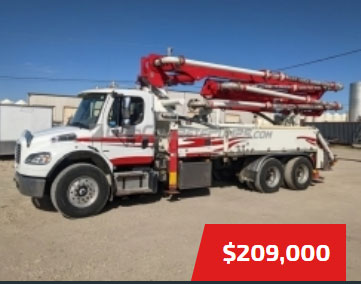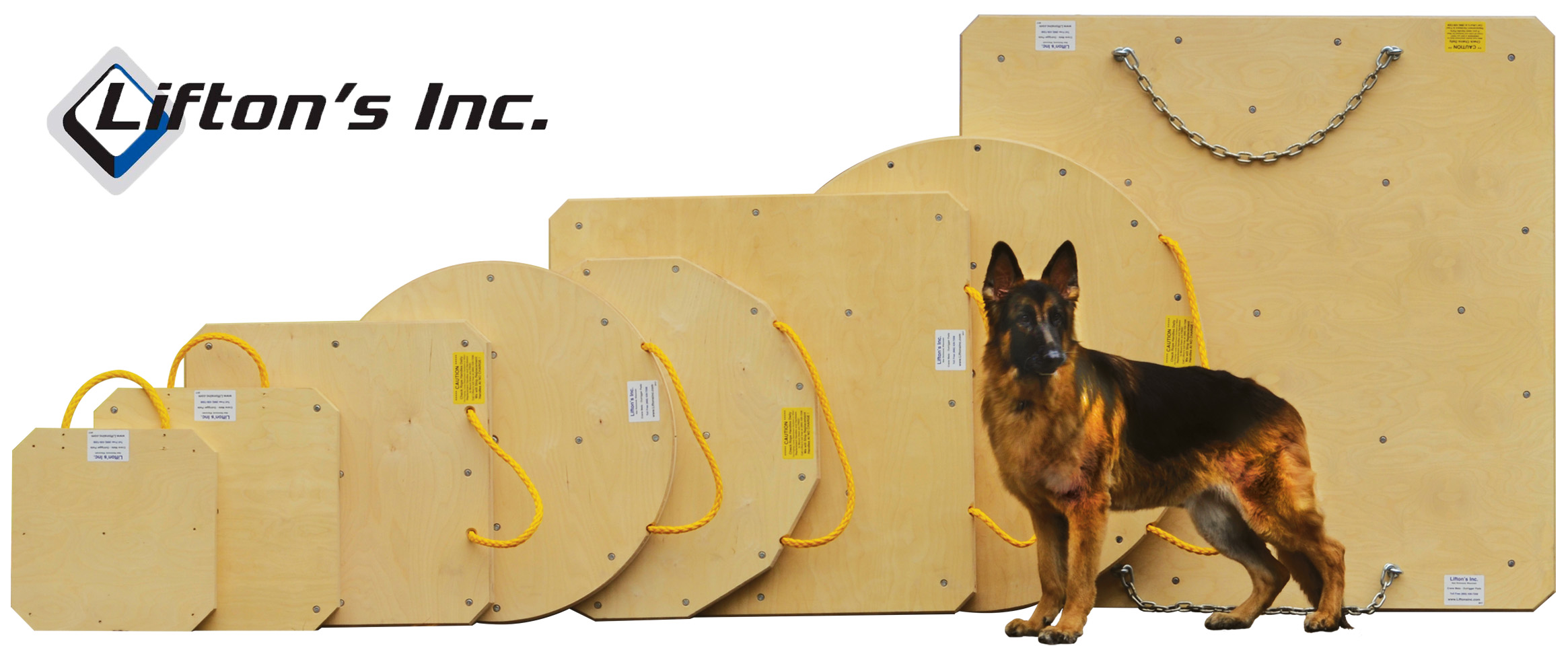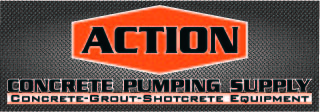| b-alto | 08-04-2016 | comment profile send pm notify |
|
Does anyone ever use straight up oil in their water box? On my Reed B-50 line pump it uses oil and its great! I hardly ever even have to change it. I was considering using old hydraulic oil in my Schwing 32. Any thoughts? |
||
| biged | 08-04-2016 | reply profile send pm notify |
|
Brian that's a good question boom pumps use water but they are drained everyday,line pump cylinders are flat only thing I would worry about with water is rust you probably don't use it everyday so after saying that stick with used or new Hyd oil" |
||
| PUMBO | 08-08-2016 | reply profile send pm notify |
|
Great question. So many factors to consider. I believe the biggest factor is how is the pump used. From experience, used hydraulic oil (as a minimum) and water in the water box will give you much longer service life from your pistons and gland seals as well as keeping rust in the box to a minimum. However keep in mind, the main factor of what method (water or oil in water box) you use really depends on what kind of hydraulic circuit you have on the pump. In an open loop circuit (oil returns to tank after each cycle) cylinder oil cooling should not be an issue, so you can use as much hydraulic oil as you please to lubricate (even swell) pistons and gland seals to prolong life. If the system runs hotter than 60degrees Celsius constantly then water only. In a closed loop circuit (the hydraulic pump cycles oil back and forth internally) the system relies on water in the box for cooling, so water should be used and drained periodically depending on system temperature, water cleanliness etc.. Ideally, pouring some old hydraulic oil in the water box as a mixture with water works great while in operation and generates a cream like mixture which lubricates the rod on return, but only do this if you do not drain it daily (for obvious environmental waste factors). |
||
| biloximike | 08-08-2016 | reply profile send pm notify |
|
I would hesitate to use oil. Over time the material cylinders get grooves in them. As your cups wear out you will begin to leak a small amount of oil into the concrete. If you are doing a bridge pour and an inspector sees a gleam of oil you may end up buying a bridge. There is a reason the manufacturer does not recommend it. Check with them. |
||
| PUMBO | 08-11-2016 | reply profile send pm notify |
|
In light of what you said, You'd have to be very game taking a machine with cups leaking water let alone oil to pour a superglue mix design for a bridge. If oil is bypassing the cups into the mud, the oil loss will be least of your worries... |
||




















.jpg)
.gif)

.jpg)









.jpg)








